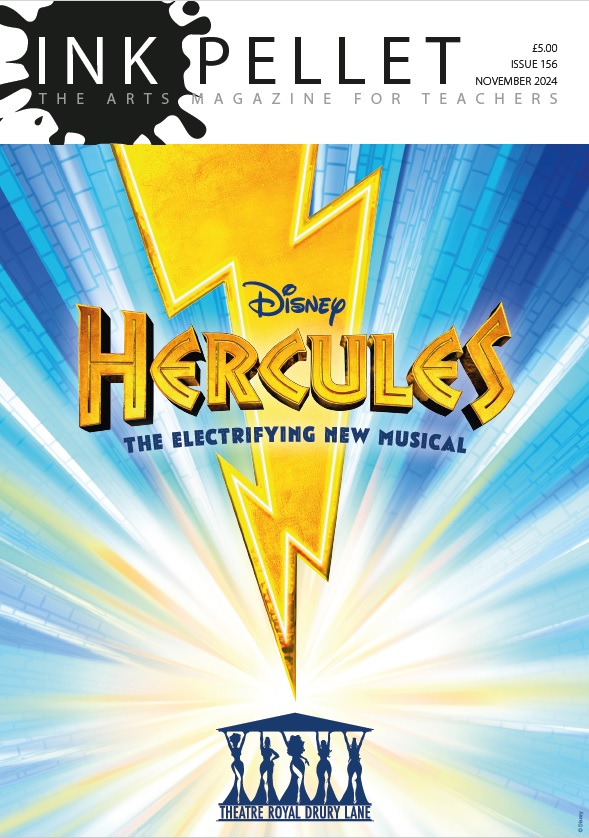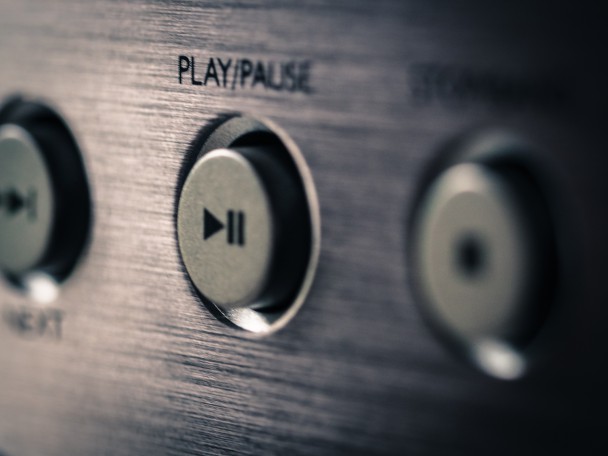A lifelong lover of classical music, Susan Elkin extols its virtues and implores you to expose your students to more of it, for their benefit and possibly yours!
Western classical is an excellent grounding for any other sort of music you might want to move on to or explore later. Ask the Chinese, the Koreans, the South Americans et al and note how many of them are playing in British orchestras. Listen to the Shanghai Symphony Orchestra which made its Proms debut on the day of writing. They “get it” in a way that our own education system often now seems not to.
Listening to, and being familiar with, some of the greatest pieces written in the last five hundred years or so is not difficult, elitist, complicated, exclusive or any of the other silly things said about it these days.
A few years ago, I visited a primary school in Gravesend where I could hear Beethoven’s Seventh Symphony from across the playground. “Yes, we focus on a different piece every day and have it running on the school’s corridor speakers as background so that the children just soak it up unconsciously,” said the enlightened Head, showing me the board in the foyer which told young passers by the name of today’s piece. What an easy thing to do. Any school could do it. If children don’t hear these pieces, they stand no chance of getting comfortable with them. It’s really rather obvious.
When I was at primary school, one of the teachers who was keen on recorded music (it wasn’t quite so easy to set up in the late 1950s) used to play us a piece in assembly every day. I remember hearing The Aquarium from Carnival of the Animals, Ronald Binge‘s Elizabethan Serenade and Peter and the Wolf – among many other things. After several hearings I was so smitten I nagged at home until we got records of them. It was the beginning of a lifetime of listening.
There used to be far more children’s concerts that parents and teachers could take children to. My first ever visit to Royal Festival Hall, its paint barely dry, was in my first year at secondary school to hear Wilfred Pickles (yes, I know that dates me) narrate Peter and the Wolf at a Saturday morning Ernest Reed concert. Others, including my own children, went to Robert Mayer concerts for children which ran for decades. No longer. In more recent times Richard Stilgoe fronted several seasons of children’s concerts with National Children’s Orchestra but they’ve stopped long since too.
Of course, there are still things you can take children to such as one of the sixty-minute, participative Funharmonics concerts run by London Philharmonic and there’s always the now well established CBeebies Prom. All good but can we please avoid too much dumbing down? And what about something for the next age group – say 10 plus?
If you simply share the music with children rather than restricting them to a diet of “relevant” (one of education’s worst weasel words) pappy, pop-based stuff then they will get to know it. And some “classical” music is more gloriously simple than any pop piece. Try Tchaikovsky’s Dance of the Sugar Plum Fairy, for instance, or Pachelbel’s Cannon. There’s nothing remotely complicated or difficult for the listener.
When my eldest granddaughter was about three, we arrived at their house one day to find her sitting tranquilly drawing at the table. My son had Beethoven’s Pastoral Symphony playing. When the music ended, we heard her singing quietly to herself: “Bye baby bunting, Daddy’s gone a hunting”. None of us had ever noticed that it’s the same tune. Who says pre-schoolers can’t respond to Beethoven?
I think teachers should be playing classical music in assemblies, corridors, classrooms and anywhere else they can as much as possible because many students will never encounter this music otherwise and it’s a core part of their heritage. As a senior secondary teacher, I had stock of music-based assemblies. For instance, I’d pick something with a story such as Wagner’s Siegfried Idyll and tell them how he had musicians outside the window to play it as a birthday gift on his wife’s birthday morning. Or I’d play them Bach’s Fifth Brandenburg concerto with an account of how/when I discovered it. Even putting Classic FM or Radio 3 on in the background would be a help. Many other sorts of music, they’ll probably find their own way to, but with this they need help because time and attitudes have changed so much.
When I was growing up “music” meant classical. Other forms such as jazz, pop and folk needed an adjective to distinguish them. Today “music” and “the music industry” applies to anything, but classical, which is always qualified with an adjective, seems largely to have dropped out of mainstream education, not least because everyone is so focused on diversity and inclusivity and classical music doesn’t always tick those boxes.
I think we should rectify that for cultural reasons and because it’s part of student entitlement. It is the opposite of inclusive to exclude the best. But if you need to convince senior staff who are blinkeredly focused on test and exam results just remind them that many studies have demonstrated the so called “Mozart effect”. Hearing classical music as they study and learn actually enhances children’s achievement in a way that other forms of music do not.
@SusanElkinJourn
Image by Thomas Breher from Pixabay



